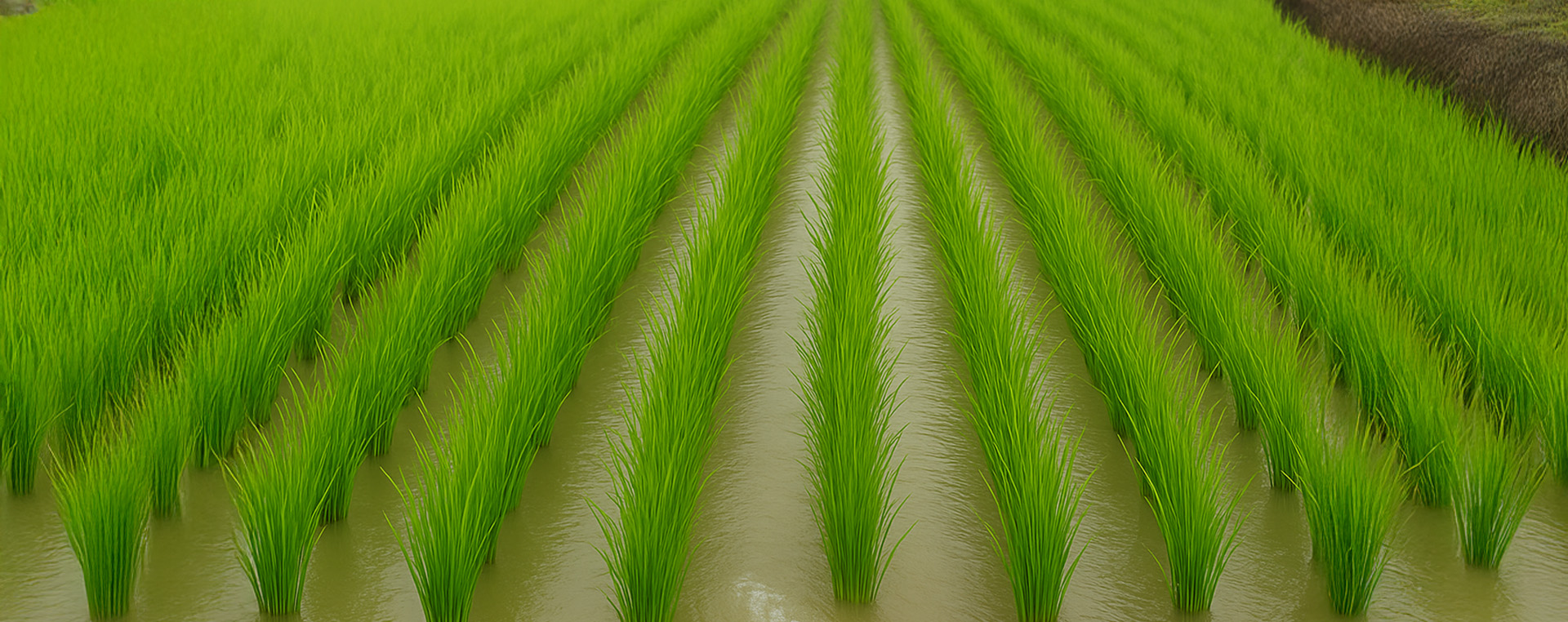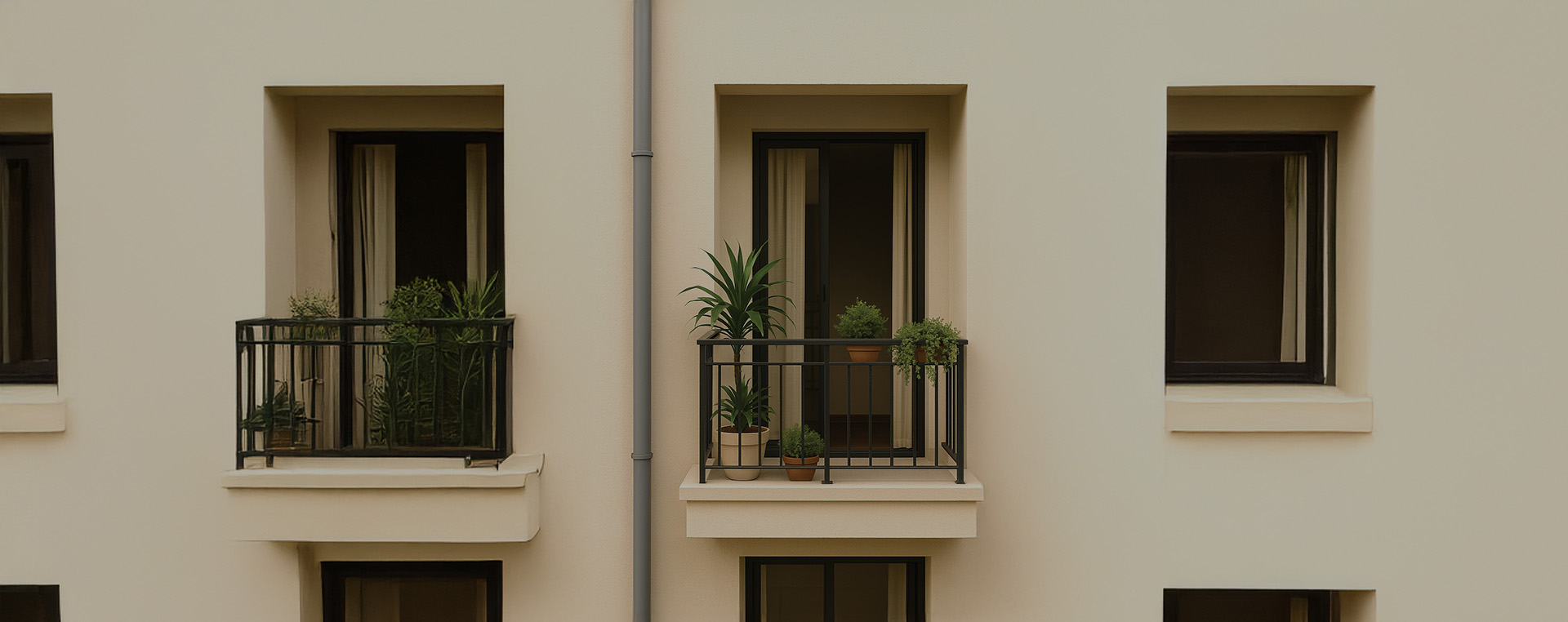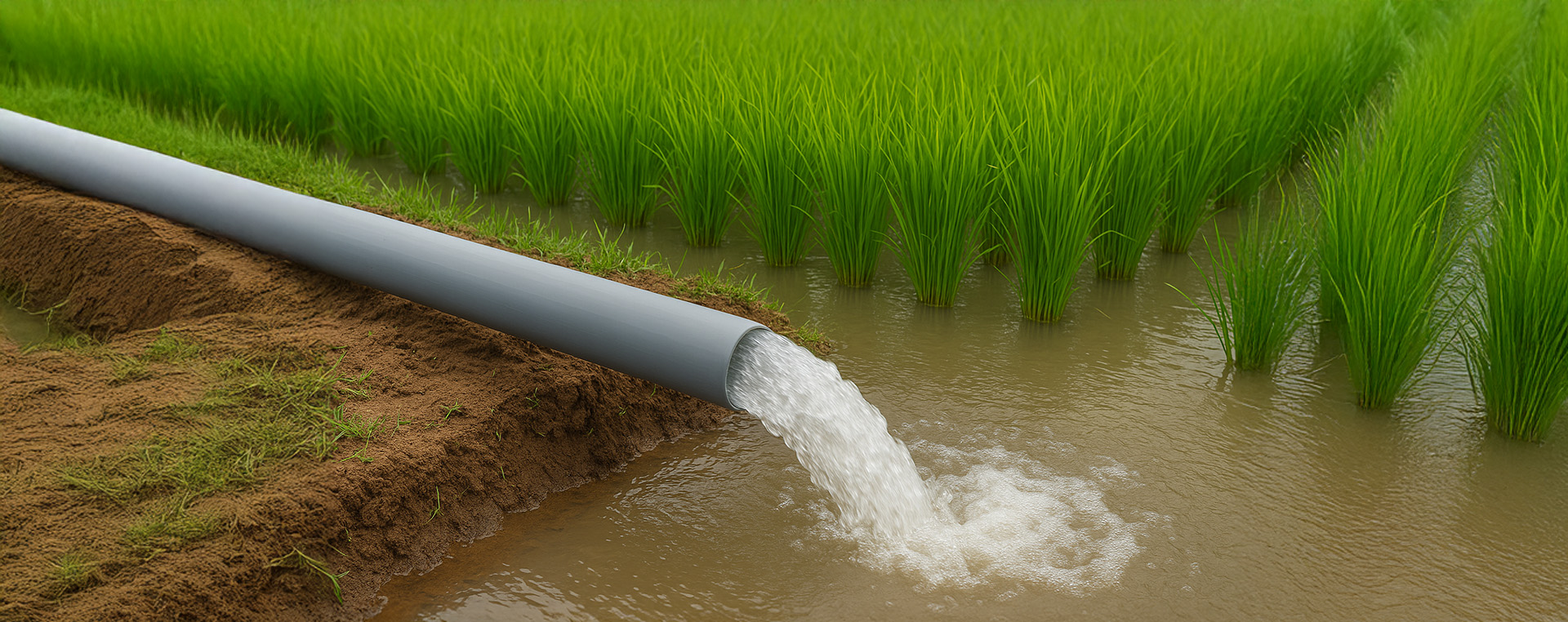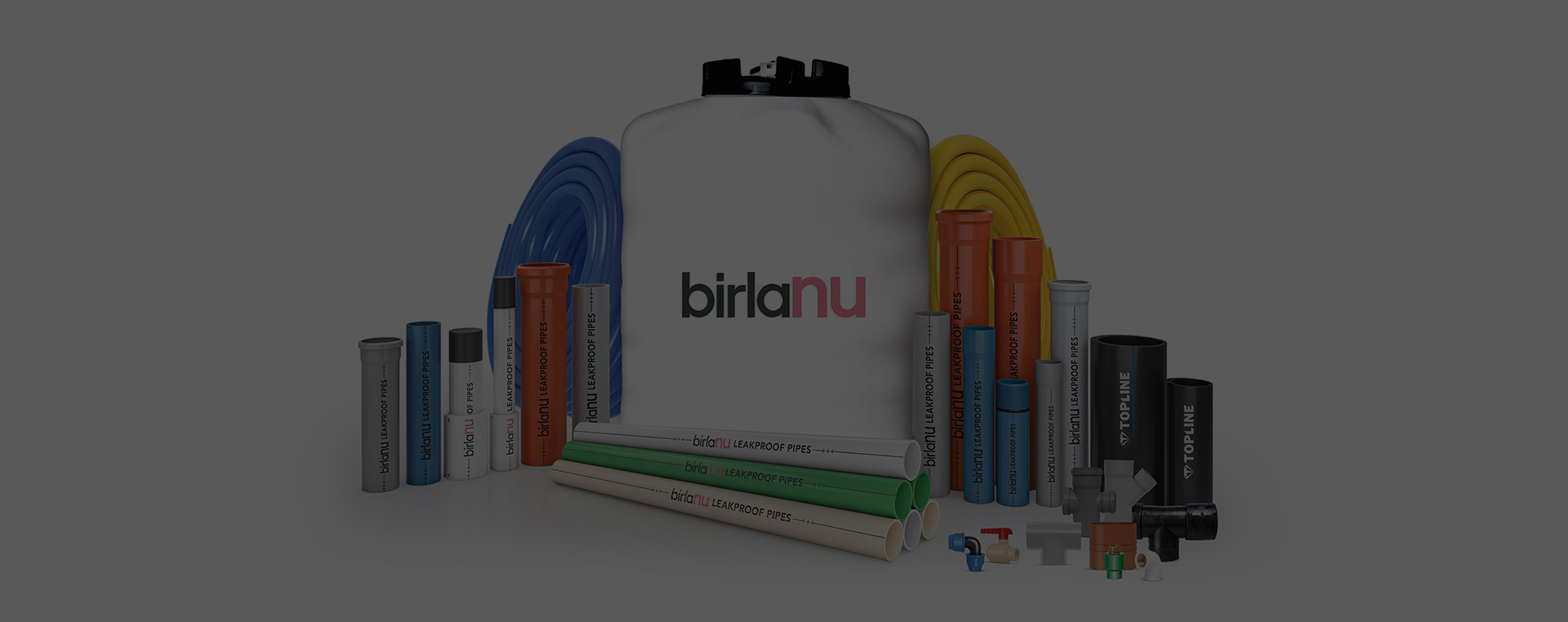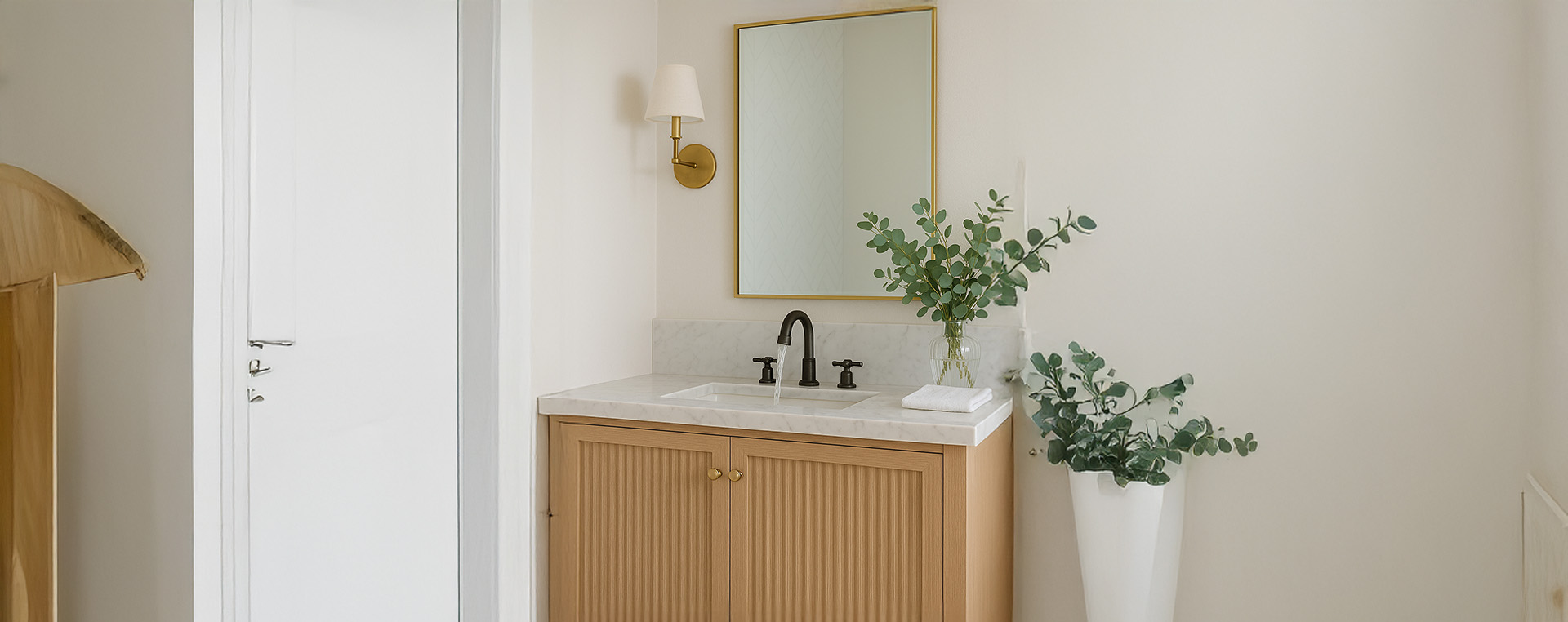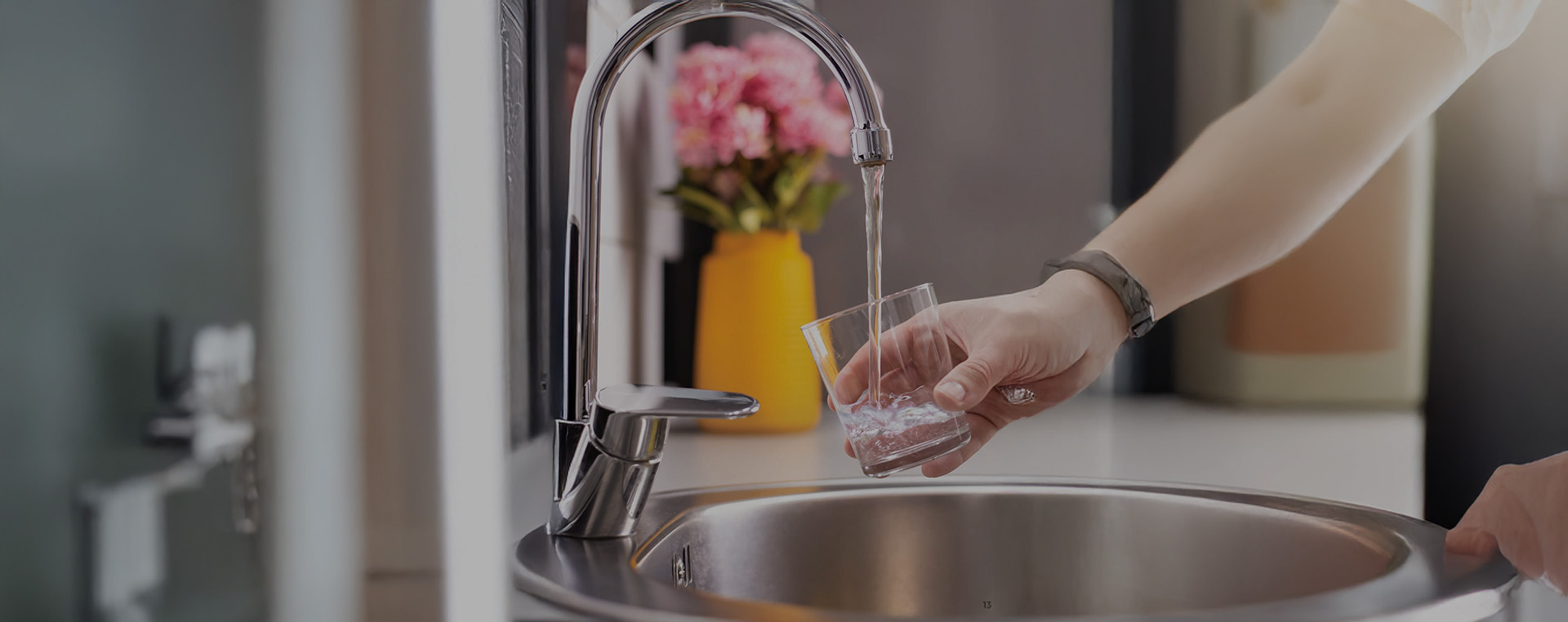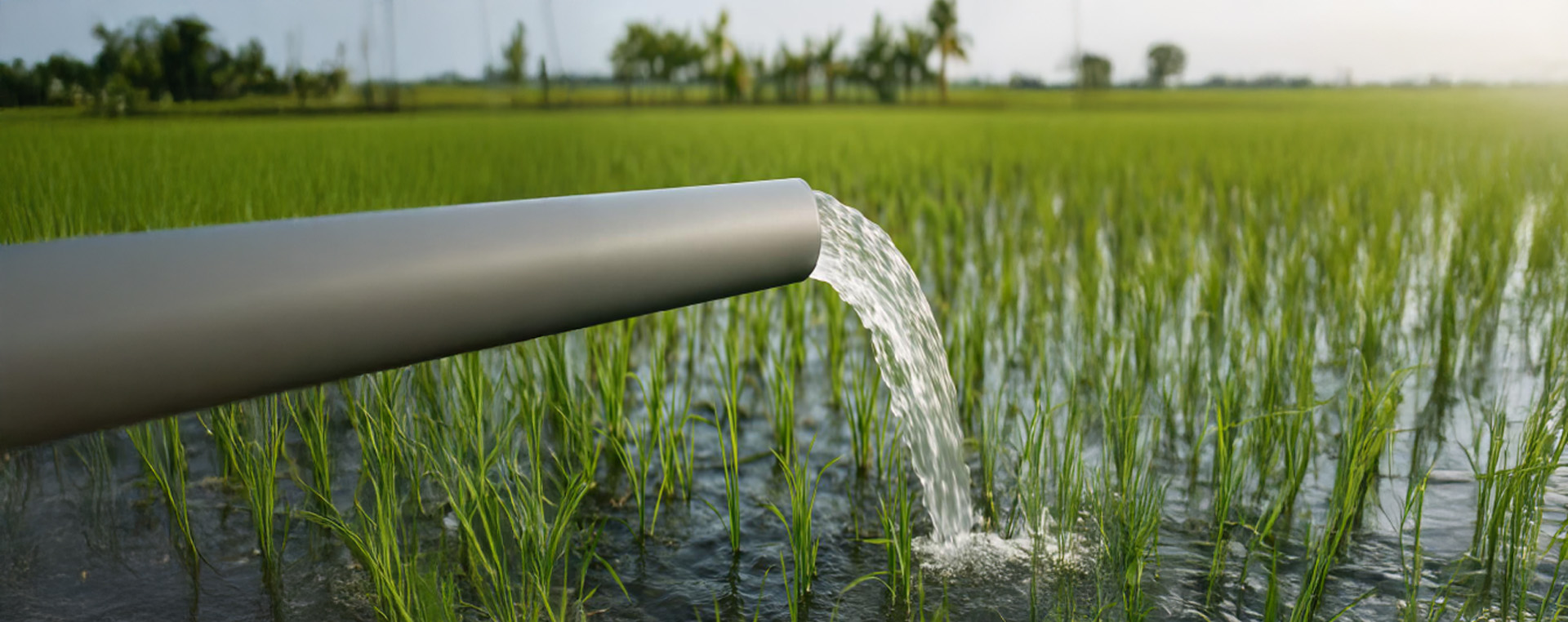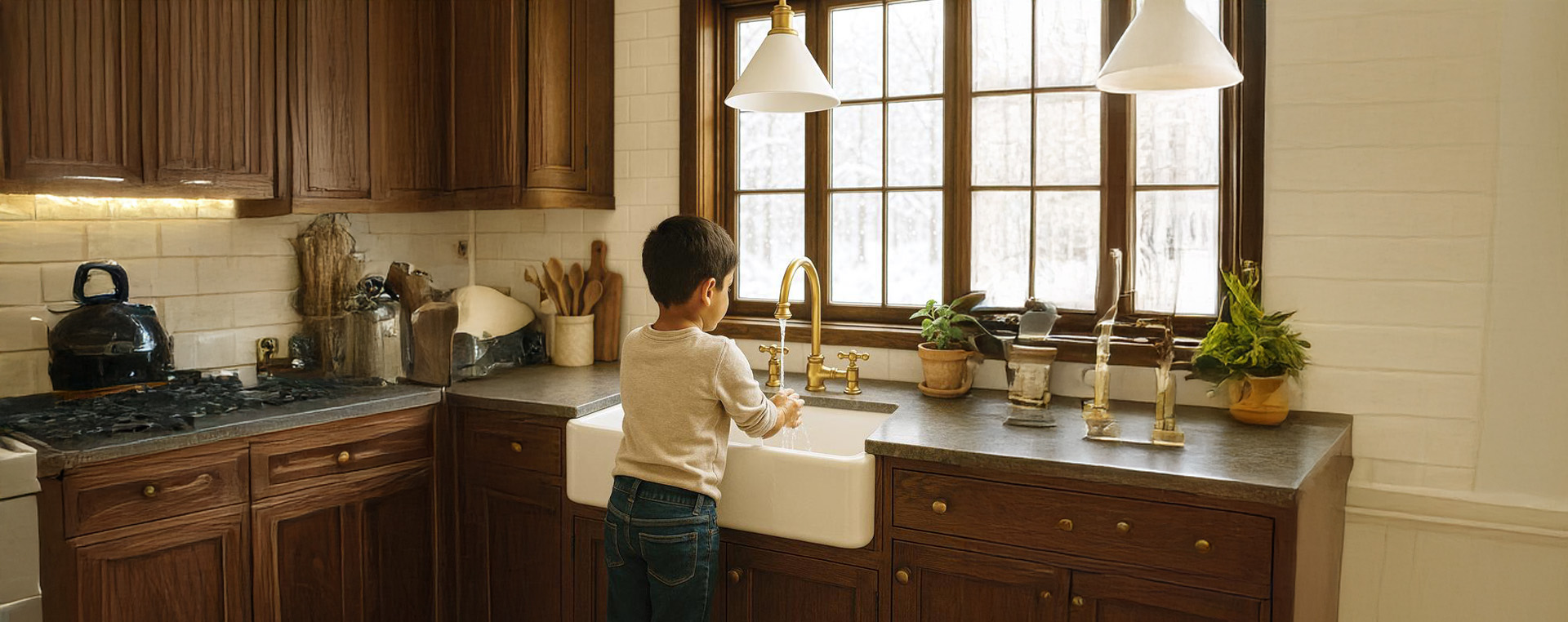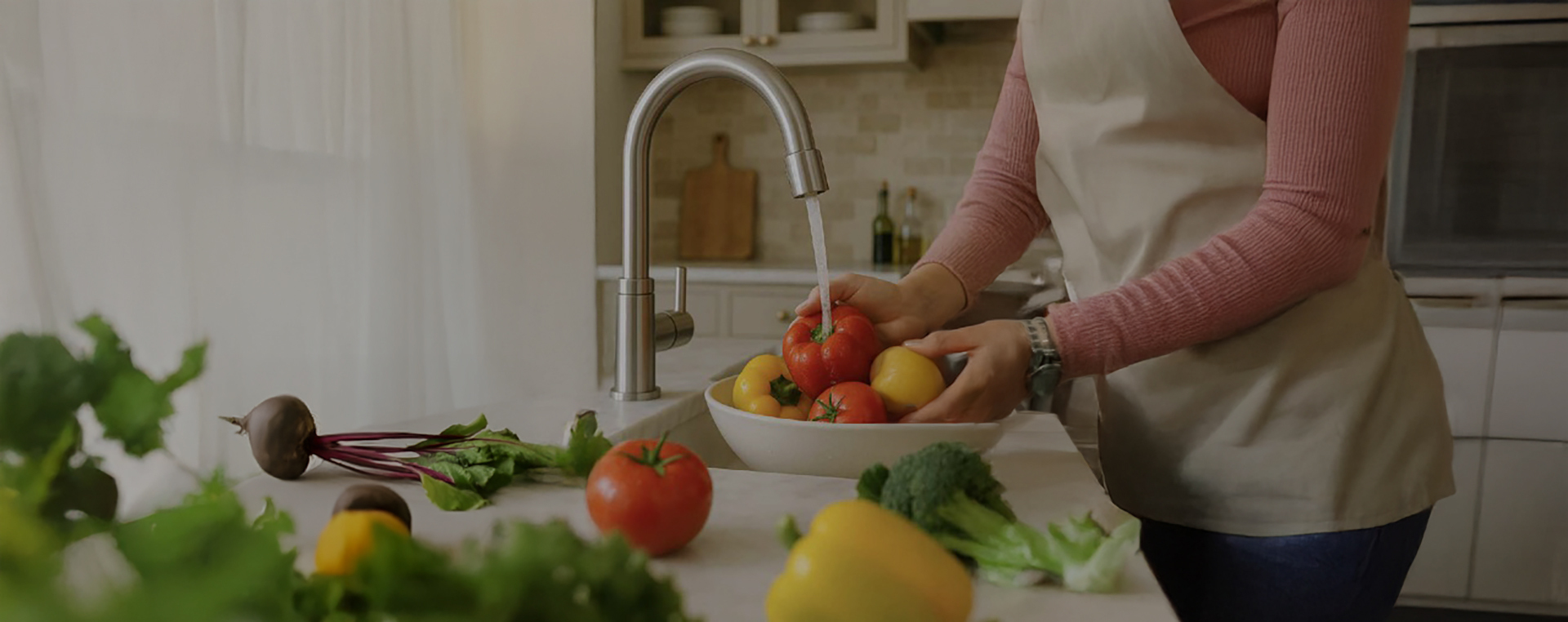As the rainy season approaches, it’s not just your umbrellas and windows that need attention, your plumbing system does too. Heavy downpours can expose weaknesses in pipes, tanks, and drainage lines, leading to leaks, clogs, and even water contamination.
Whether you’re managing a household, a farm, or a commercial facility, taking the time to inspect and maintain your pipes, tanks, and fittings before the rains begin can help you avoid unnecessary disruptions and expenses.
Here’s a practical guide to preparing your
BirlaNu Leakproof Pipes and Water Storage Systems for the monsoon.
1. Inspect and Clean Your Water Tanks
Your water tank is the core of your water supply. Before the rains arrive:
- Check for cracks, leaks, or rust, especially around joints and lids.
- Clean the interior thoroughly to prevent algae, bacterial growth, and sediment buildup.
- If your tank is outdoors, ensure the lid is tight-fitting to prevent rainwater or contaminants from entering.
This keeps your stored water safe, especially when rainfall runoff may carry more pollutants.
2. Examine All Pipes and Fittings
Inspect every part of your plumbing system, especially:
- CPVC Pipes in hot and cold-water lines
- uPVC Casing Pipes used for borewells and underground systems
- SWR Pipes and Fittings for drainage and waste removal
- Agriculture Pressure Pipes for irrigation or outdoor water transport
Look for any signs of wear, cracks, or discolouration. Replace damaged pipes and check that all joints are sealed tightly using proper fittings.
BirlaNu’s TruFiT Technology ensures a leakproof seal, but even the best materials need routine checks for long-term performance.
3. Keep Your Drains Debris-Free
Monsoon rain can quickly overwhelm a clogged drain. Prevent backups and standing water by:
- Removing leaves, soil, and plastic waste from terrace and garden drain grates
- Installing drain guards or strainers to trap debris before it enters the system
- Checking SWR lines for blockages and ensuring water flows freely
Clogged drains not only cause flooding, but they can also weaken pipes and cause long-term damage to walls and flooring.
4. Secure Your Plumbing System
Make sure all parts of your plumbing system are structurally secure:
- Tighten loose connections in exposed areas like balconies, utility spaces, and external taps
- Anchor pipes where needed, especially vertical stacks and rooftop piping
- Ensure no fittings or open ends are left unsealed, which can allow rainwater, pests, or dirt into the system
A properly secured system is less likely to suffer from monsoon-related pressure surges or water hammer effects.
Frequently Asked Questions
1. How can I keep my drains clean during the rainy season?
Regularly remove visible debris from outdoor drains, use drain covers to filter out leaves and waste, and flush internal drains with hot water or natural solutions like baking soda and vinegar to clear grease buildup.
2. What precautions should I take with plumbing before the monsoon?
Inspect all pipes for cracks or leaks, clean water tanks, check SWR drainage systems, and secure all fittings. Proactive maintenance can prevent costly emergency repairs during heavy rains.
3. Why is pre-monsoon maintenance important for tanks and pipes?
The rainy season brings moisture, debris, and water pressure fluctuations. Maintenance helps prevent leaks, water damage, contamination, and service interruptions, ensuring safe and efficient water flow throughout the season.
Secure Your System, Rain or Shine
A little effort before the rain can go a long way. From securing your plumbing lines to clearing your drains and cleaning your tanks, monsoon-proofing your water systems is essential for a hassle-free rainy season.
With BirlaNu Leakproof Pipes and Water Storage Solutions, you get products that are engineered to perform through every season, rain or shine. Whether you're upgrading your system or doing routine checks, trust BirlaNu for reliable, long-lasting, and leakproof plumbing.
Prepare early. Prevent problems. Trust BirlaNu.
